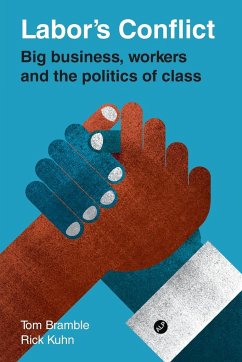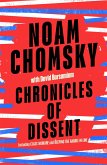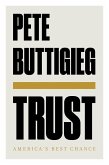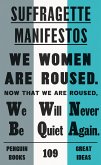Once widely regarded as the workers greatest hope for a better world, the ALP today would rather project itself as a responsible manager of Australian capitalism. Labor's Conflict provides an insightful account of the transformations in the Party's policies, performance and structures since its formation. Seasoned political analysts, Tom Bramble and Rick Kuhn offer an incisive appraisal of the Party's successes and failures, betrayals and electoral triumphs in terms of its competing ties with bosses and workers. The early chapters outline diverse approaches to understanding the nature of the Party and then assess the ALP's evolution in response to major social upheavals and events, from the strikes of the 1890s, through two World Wars, the Great Depression, and the post-war boom. The records of the Whitlam, Hawke, Keating, Rudd and Gillard governments are then dissected in detail. The compelling conclusion offers alternatives to the Australian Labor Party, for those interested inprogressive change.
Hinweis: Dieser Artikel kann nur an eine deutsche Lieferadresse ausgeliefert werden.
Hinweis: Dieser Artikel kann nur an eine deutsche Lieferadresse ausgeliefert werden.








